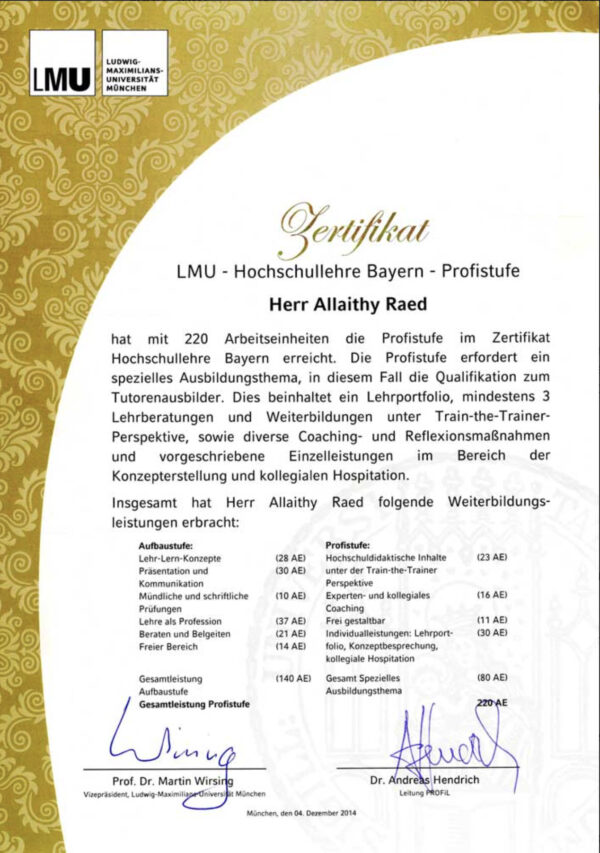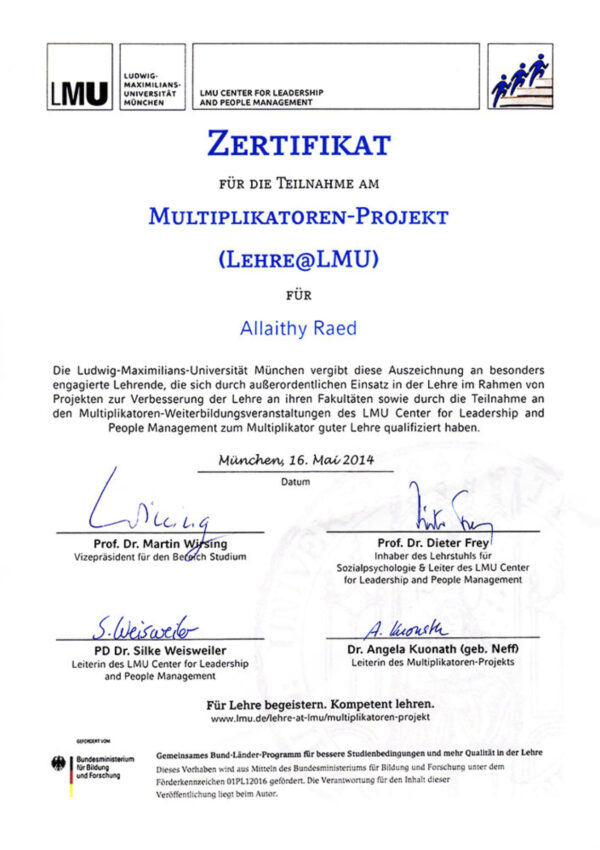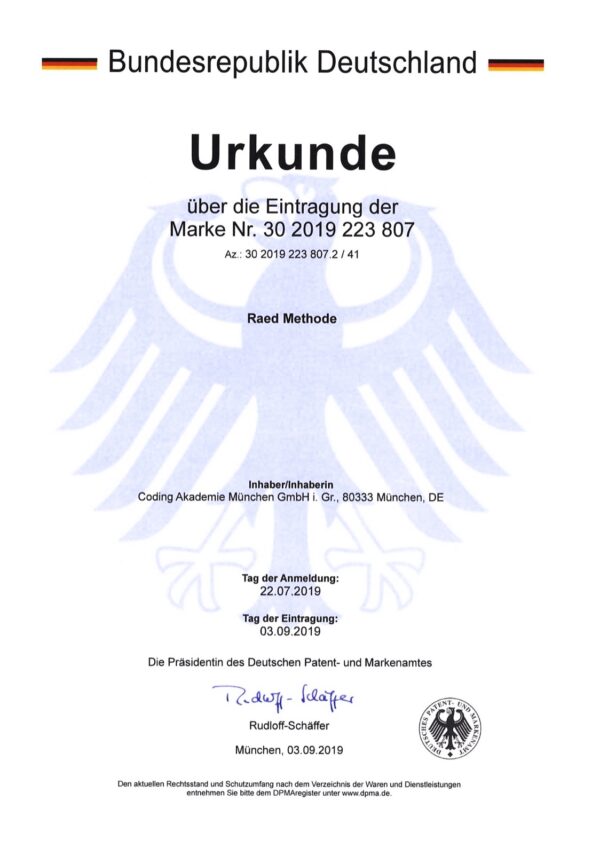JavaScript/TypeScript/ReactJS trainings à la carte!
Tailor-made JavaScript/TypeScript/ReactJS practice courses for your team
(company exclusive trainings from 3 employees)
JavaScript is one of the dynamic programming languages of the Internet! Create complex applications and your team and enjoy the competitive advantage.
Question for you and your team:
-
Do you work with web technologies on a regular basis?
-
Does your team program front-end or server applications in JavaScript or TypeScript?
If so, we have just the thing for you!
With our customized training courses, you can get everything you need out of JavaScript for your company. Thanks to the modular structure of our training courses, you will receive an individually customized concept for your development team.
The following topics are available:
-
Basics or advanced topics
-
JavaScript and TypeScript language features
-
JavaScript and TypeScript language features
-
Front-end and back-end technologies
-
Best practices
-
Software architecture
We will find the optimal combination for your team's needs. Book your free consultation now! Bring all your questions with you. We'll be happy to take the time to advise you individually.





















